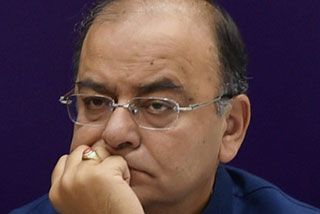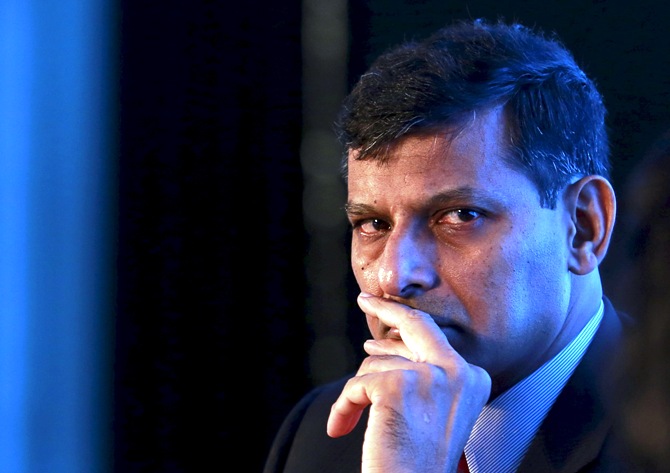 The proposal of State Bank of India to merge its five associate banks with itself and acquire Bharatiya Mahila Bank is in line with the government's policy of consolidation as the country needs global-sized institutions, Finance Minister Arun Jaitley on Wednesday said.
The proposal of State Bank of India to merge its five associate banks with itself and acquire Bharatiya Mahila Bank is in line with the government's policy of consolidation as the country needs global-sized institutions, Finance Minister Arun Jaitley on Wednesday said.
"Consolidation was part of the Indradhanush package. I had announced about consolidation in the Budget. . . therefore, the banks have acted.
"It is accordance with the government's policy," Jaitley said.
On Wednesday, the country's largest lender State Bank of India proposed merger of its five associate banks and the three-year old Bharatiya Mahila Bank with itself and sought the government's approval for the same.
"Let the proposal come to the government. I had already announced consolidation as the road map in the Budget itself.
“And, therefore, I think the larger question (is) that India doesn't need so many banks in the public sector," Jaitley said in an interview to CNBC TV 18 channel.
"Let larger global-sized institutions come into existence without adversely impacting the employees' working conditions.
“And if it (the proposal) comes to us, I will certainly look at that. And I will look at it very positively."
He said there is a need to reduce the number of banks by consolidating some of them.
Further, he said the banks have given their own opinion and if some banks have a contrarian view, the government will ‘certainly respect that, look into it and take that into consideration’.
According to SBI Chairman Arundhati Bhattacharya, with the merger, the balance-sheet size of the bank will soar to Rs 37 lakh crore (Rs 37 trillion), from Rs 28 lakh crore (Rs 28 trillion) currently.
The five associate banks that are under proposal to be merged with the banking major are State Bank of Bikaner and Jaipur, State Bank of Travancore, State Bank of Patiala, State Bank of Mysore and State Bank of Hyderabad.
Among these, State Bank of Bikaner and Jaipur, State Bank of Mysore and State Bank of Travancore are listed on bourses.
Asked if more lenders are expected to come out with such consolidation plans, Jaitley said the immediate priority will be to improve the stress situation and their economic health.
"I think the immediate priority with regard to other banks is to get them out of the stress situation, improve on their economic health and then look at a possible consolidation, wherever possible," he added.
Asked about the government's plan on strategic sale in public sector units through divestment, he said suggestions from NITI Aayog are awaited.
"Divestment is the art of the possibility. Divestment is not something which you decide and you do it.
“You decide to divest and privatise them. . . market conditions may not be conducive.
“You may have other issues related to a particular proposal, how meritorious a proposal is. . .," Jaitley said.
Speaking about the government having widened its policy for the first time, the finance minister pointed to the available means such as divestment, strategic sale and privatisation, asset recycling and buybacks.
"And, therefore, over the past policy, we have improved upon it. . .all these options are today open to the government. . . there is a lot of flexibility now.
“Once NITI Aayog gives us the report, we will do it," he said.
The government is working on ‘some unfinished work’ on stake sale in hotels in the earlier National Democratic Alliance rule.
"For the present, I can tell you that we have some hotels which were left out in the earlier National Democratic Alliance government's privatisation plan.
“The ministries concerned are moving very fast on it. . .," Jaitley added.
Image: Finance Minister Arun Jaitley. Photograph: Reuters










 © 2025
© 2025